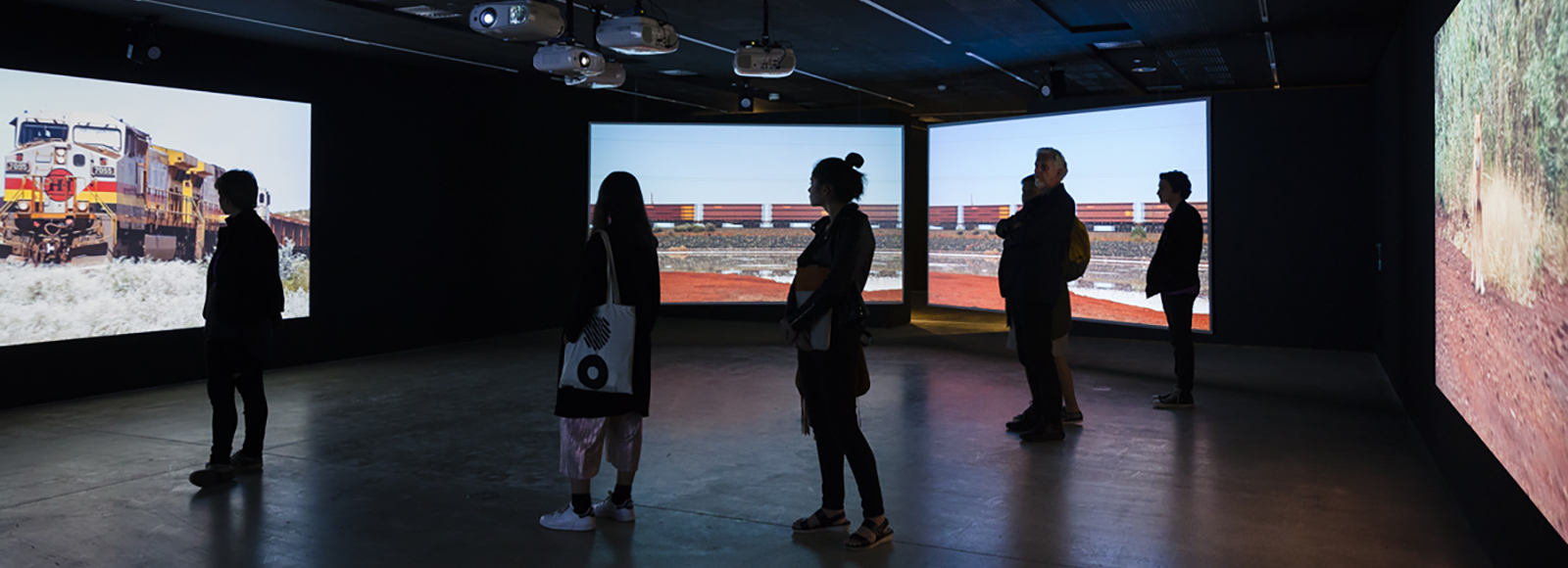
The Australia Council for the Arts has recently released the findings from the third National Arts Participation Survey.
Once again in 2017, the survey findings confirm the significant and increasing personal value Australians place on the impact of the arts, and the ways in which they make our communities stronger and more cohesive.
According to the survey released just prior to NAIDOC week, it is notable that engagement with First Nations arts has doubled since 2009, reaching 7 million Australians last year.
Australia Council CEO Tony Grybowski said that this research reveals more clearly than ever what an essential role the arts play in daily life, and in building social cohesion which promotes a healthy and inclusive public life for all Australians.
“The 2016 National Arts Participation Survey builds on decades of work by the Australia Council to demonstrate the essential value of the arts to individual and public life, and we consider this central to our mission. The evidence demonstrates the impact of the arts across nearly every facet of society, making it a valuable resource to inform policy, programs and investment well beyond the arts sector.
“The research demonstrates that the arts have a unique capacity to connect Australians from diverse backgrounds, and that two in three of us believe the arts help us to understand other people and cultures, and allow us to connect to others. We are highly connected digitally and yet we live in a global era of growing social, cultural and political division that is being evidenced through major social threats. These findings confirm that Australians firmly believe the arts contribute to addressing these issues through breaking down barriers, promoting inclusion and creating understanding.” Mr Grybowski said.
“The report also reveals the importance of the arts in the lives of younger Australians. They create and experience the arts at the highest rates, especially online; they love festivals and over half engage with the arts as part of their cultural background. This gives the arts a unique role in shaping the future of our national culture.
“The research is responsive to changes in the way we create and experience art. For the first time in 2016 the survey collected data on Australians’ engagement with the arts as part of their cultural background, community arts and cultural development, and festival attendance. This highlighted the importance and accessibility of festivals, with 9 million Australians attending an arts festival in 2016. Community Arts and Cultural Development is acknowledged as a highly innovative area which crosses art forms, connects artists and audiences, and delivers both high quality art and transformative social outcomes.
Selected Key Research Findings:
- 98% of Australians engage with the arts and since the 2013 survey there is substantially increased recognition of their positive impact on our wellbeing and ability to develop new ideas.
- More Australians now believe the arts reflect Australia’s cultural diversity and that they shape and express Australian identity.
- 3 in 4 Australians believe the arts are an important way to get a different perspective on a topic or issue.
- 7 million Australians experienced First Nations arts last year, double the number since the first survey in 2009. 4 in 5 believe they are an important part of Australia’s culture.
- Three quarters of us think the arts are an important part of the education of every Australian and are proud when Australian artists do well overseas.
- Younger Australians (15-24 years) create and experience the arts at the highest rates, especially online; they are big festival and First Nations arts attenders; and over half engage with the arts as part of their cultural background.
- The downward trend in the proportion of Australians who donate money generally is not reflected in arts giving. 1 in 4 Australians give time or money to the arts reflecting their value in our lives.
For more information and to explore interactive dashboards visit the Australia Council website.
